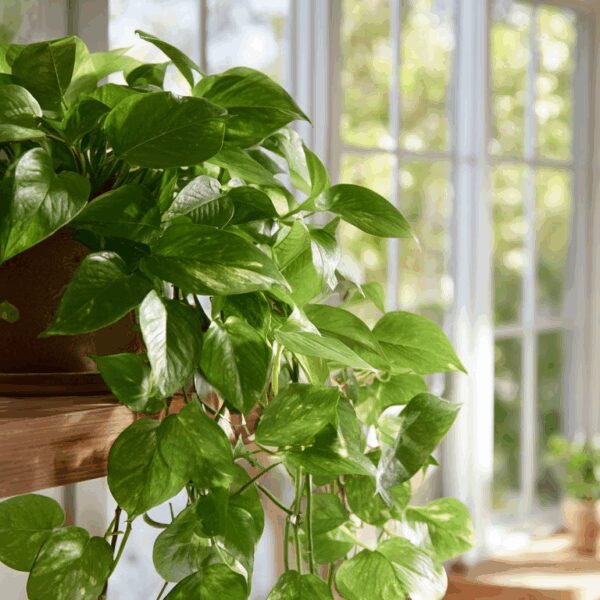With the arrival of autumn, it is essential to prepare the garden for the coldest period of the year. Tackling this phase with the right precautions will allow you to have a rich and healthy harvest, even in the harshest months. Find out how to prepare your garden to face autumn successfully and guarantee your vegetables an effective defense against the cold.
Autumn fertilization
The fertilization it is one of the key steps to prepare the garden soil for autumn. Using organic fertilizers, such as compost and mature manure, improves the structure of the soil and enriches it with essential nutrients. This will prepare the soil to support crops during the cold months.
Know the Type of Land
It is crucial to know the type of land to know how best to treat it. A sandy soil, for example, requires different attention than a clayey one. Be sure to do a soil test to understand which nutrients are missing and which to add.
Choosing the Right Autumn Crops
Opt for vegetables a short cycle such as rocket, radishes, carrots and cutting lettuce, it ensures a harvest before the first frosts. Also, choose vegetables capable of resist low temperatures such as spinach, beets and peas. Take advantage of the end of summer to plant these vegetables.
Use Mulch
The mulching it is a technique that consists of covering the ground with organic materials such as straw, dry leaves or bark. This method helps protect the roots from the cold, reduces weed growth and keeps the soil wetter.
Have your tomatoes remained green? Here’s how to make them ripen quickly or use them in an alternative way!
Building Raised Beds
The raised beds they are another effective strategy for dealing with autumn. By raising the soil, you avoid waterlogging, which can be harmful to plant roots. Furthermore, raised beds heat up more quickly, promoting optimal crop growth.
Protecting Crops with Tunnels and Mini-Greenhouses
Investing in tunnel o mini greenhouse it is an excellent way to protect crops from the rigors of winter. These structures retain heat and create a microclimate favorable for plant growth. Especially in colder areas, they can make the difference between a bountiful harvest and a poor one.
Growing Resistant Herbs
Many herbs, such as thyme, sage, mint, rosemary and bay, can withstand winter temperatures. Including these plants in your fall vegetable garden can enrich not only your cooking dishes, but also the diversity of crops. Garlic is also an easy plant to grow during the cold months.







